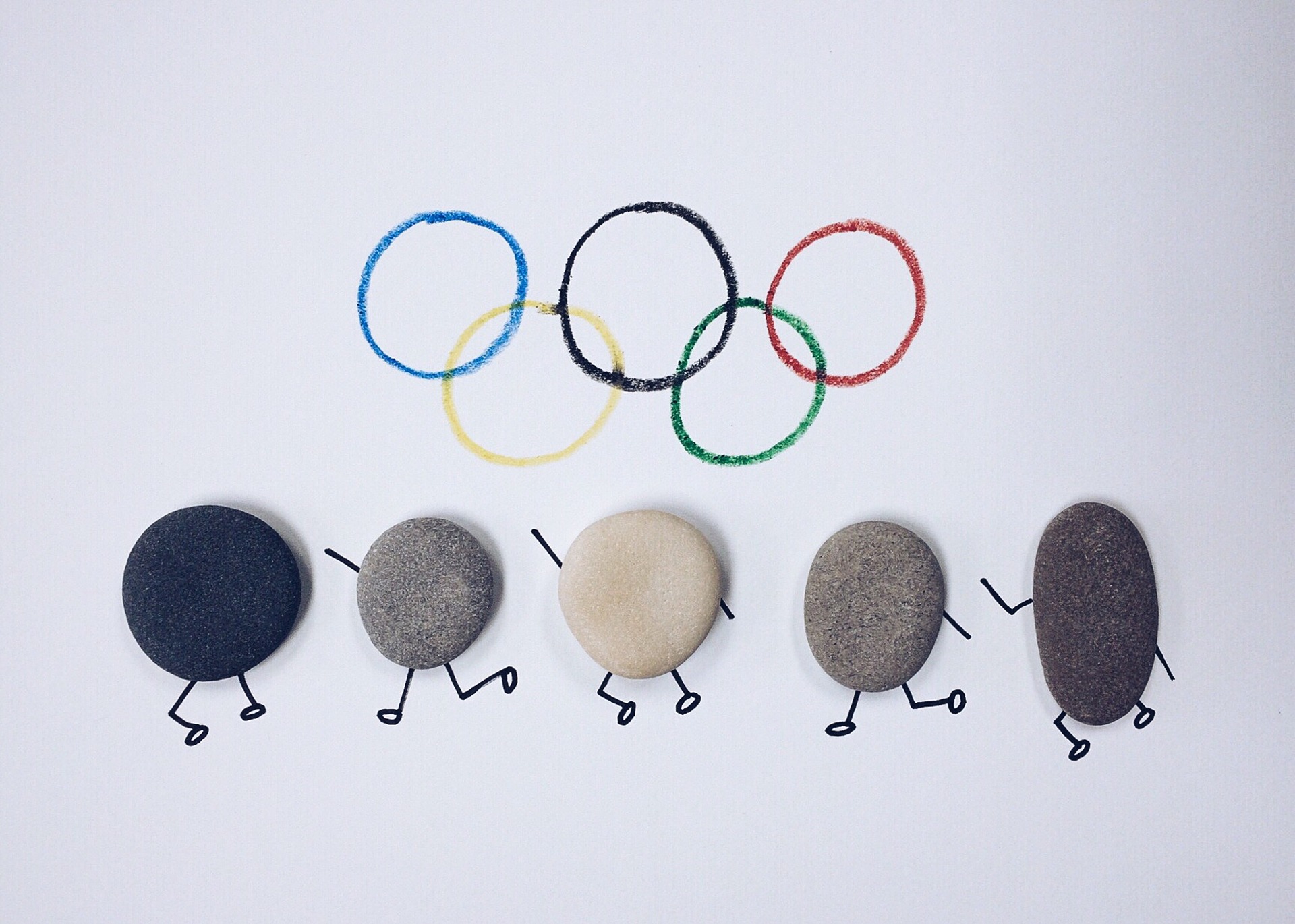The modern Olympic Games has come a long way from its ancient origins. But importantly, it has always been a celebration of culture. Unsurprisingly, there have been countless changes to the Games in its multi-millennia spanning history, no less so than the dropping of sacrifice from the official schedule. However, even since its modern revival, the mixture of tradition and innovation has made the Olympiad a unique event in our global lives. To celebrate National Sporting Heritage Day 2020, we look at how the Olympics have kept up with tradition but also introduced new sport to reflect changing times, and how the Games will likely progress into the future.
From Greece to Rio… de la Grèce à Rio
Between the first modern Games in Athens in 1896, to the most recent edition in Rio 2016, new sports and traditions have led to expectations that the Games must satisfy sports-obsessed people around the world. Some notable traditions include the torch relay, medal ceremonies, and the excitable opening and closing ceremonies.
The introduction of new sports at each Olympic Games also shows us how our culture and tastes have changed since the event’s rejuvenation. You may be surprised to find that some events which are staples of modern scheduling, are only recent introductions.
Mountain biking was only introduced at Atlanta 1996, and the triathlon at Sydney 2000. However, most surprisingly, tennis is a fairly recent reintroduction. After its discontinuation following the 1924 event, the sport only returned to the Olympics in 1992. The 68-year tennis break is a consequence of an institutional dispute over how to define amateur players, but now the event is recognised with the same prestige as a Grand Slam competition.
The introduction of new sports at Olympic Games indicates changing attitudes, moving closer to urban sports and ones of acceptance. When tennis was reintroduced, it was under the condition that all players regardless of age, sex, and ability were able to play.
Today, sport is becoming a haven of acceptance and in the international community, with gender inclusive events moving into the mainstream―the newest sports introduced to the event reflect this even more.
Skateboarding in the ‘Ollie-mpic’ Games
The delayed Games of the XXXII Olympiad in Tokyo will feature the much-anticipated inauguration of skateboarding as an official Olympic event. Skateboarding is one of five new sports being introduced to the programme, the others being baseball/softball, karate, sports climbing, and surfing.
There have long been calls for sports including skateboarding and other urban events to be included in the Games. Its inclusion marks a large step towards bringing the Games to a younger and more urban audience.
The development of the sporting programme marks bigger change than it may initially appear. The decision to include skateboarding in the Tokyo 2020 Games, which will now run in 2021, started in 2014, and was granted with unanimous approval. Host countries now also have an influence by recommending new events for their edition of Olympics, with Tokyo intending to focus on innovation and youth for the quadrennial event.
New names are appearing in the sphere of sport celebrity―one being Sky Brown, a twelve-year-old British skateboarder hoping that she will be successful at Tokyo next year.
Brown is still set to become Britain’s youngest ever Summer Olympian, even following the delayed commencement date resulting from the coronavirus pandemic. Brown says: “I feel like it doesn’t matter how old you are. […] I’m tiny and I’m going to be in this huge competition! You can do anything, no matter what age you are.”
Brown was only four when the Olympics were staged in London, with the official slogan ‘Inspire a Generation’. It will be interesting to see how the Games develop in the future and continue to support and introduce new faces to new sports.
Breaking from tradition
As with skateboarding, ‘breaking’ (or breakdancing as it is also known) has been recommended by the Paris 2024 Organising Committee to feature in their Olympic programme. A final decision on its inclusion is expected later this year.
As with sports introduced at Tokyo, the intention to include more “gender balanced, younger, and urban” events at Paris are driving the future of the Games.
There has previously been breaking at the Youth Olympic Games. While there was no British representation, it proved successful and popular among spectators.
With developing technologies, and the uncertainties surrounding social distancing leading into 2021, how we watch the Games in the future is also a focus for organisers. Intel has even announced plans for a 5G-based virtual reality experience for the Summer and Winter Games of 2020, 2022, and 2024. The platform will offer spectators and athletes alike immersive experiences and training solutions.
The Olympics has come a long way since 776BC, and with the ability to get a front row seat to the newest sports from the other side of the world, we’re sure that the future will continue to surprise us.
Change is inevitable, and adaptation is key to survival. Never has this been truer than for the Olympic Games, where issues surrounding sustainability, pandemics, and scandal have threatened its longevity and tradition. However, the ancient event is one that is open to innovation and thrives on new conventions. From ceremony to technology, the Olympics is safely preparing for the next generation.



 Bitcoin
Bitcoin  Ethereum
Ethereum  Tether
Tether  XRP
XRP  Solana
Solana  USDC
USDC  Cardano
Cardano  TRON
TRON  Lido Staked Ether
Lido Staked Ether  Toncoin
Toncoin  Avalanche
Avalanche